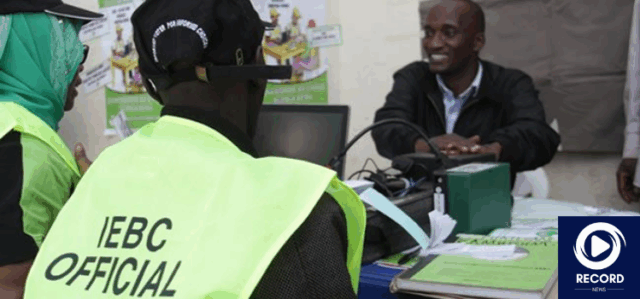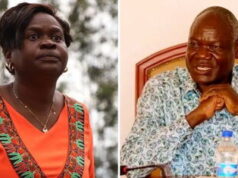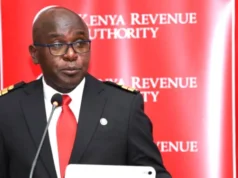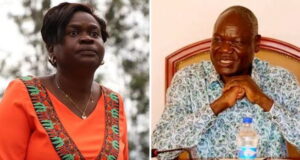The Independent Electoral and Boundaries Commission (IEBC) plays a pivotal role in shaping Kenya’s democratic future. But its credibility is under growing threat, not necessarily from institutional failure, but from reckless, dangerous political rhetoric that trivializes the sanctity of the vote.
Public jokes or statements suggesting the possibility of stealing elections are not just irresponsible, they are destabilizing. When leaders hint at rigging, they erode confidence in institutions that hold our republic together. Even worse, these remarks undermine the legitimacy of the sitting Head of State more than they do the opposition.
They cast a shadow over victory, whether it is deserved or not.In today’s Kenya, where millions of young, digitally connected citizens especially Gen Z are politically aware and increasingly engaged, such sentiments are dangerous. They agitate, disillusion, and stir anger in a generation that already feels betrayed by systemic injustices and shrinking opportunities.
It is for this reason that President William Ruto, as the ultimate beneficiary of electoral credibility, must not tolerate such utterances within his political orbit. Confidence in the electoral process is not a favor to the opposition, it is a foundation of national stability.
Wajir County MP Fatuma Jehow is the latest public figure to make such unfortunate remarks. Addressing a crowd recently, she said:”Sisi maneno yetu ni mafupi tu, tunasema tu two terms… ama kuna maneno ingine. Sisi tunangojea tu debe iletwe hata kama hatutakuwa na votes, tutamuibia – hiyo sio siri.”(Translation: “We are clear two terms.
We’re just waiting for the ballot to come; even if we don’t have the votes, we’ll steal them that’s no secret.”)Similarly, Kapseret MP Oscar Sudi earlier this year made a bold, undemocratic proclamation:
“Have you ever heard of a president serving only one term? Ruto isn’t going anywhere. Even if the votes aren’t enough, we’ll add some!”Such pronouncements are not harmless political banter. They are direct assaults on the Constitution, on the IEBC, and on the confidence of the Kenyan voter.
They devalue elections, inflame public sentiment, and set the stage for conflict, particularly when outcomes are disputed.Beyond condemning these remarks, Kenya must embark on deliberate reforms to strengthen electoral integrity and rebuild public trust in the IEBC.
First, the commission must undertake a comprehensive clean up of the voter register, weeding out irregularities and restoring public belief in the vote. Second, confidence building measures such as full transparency in procurement, communication, and polling practices must become institutional culture.
Third, Kenya must explore cost effective election systems, including the development of electronic voting. Lessons can be drawn from established democracies like the United States, India, and Brazil, where electronic voting technologies have evolved and been perfected over time, making their electoral systems both efficient and transparent.In addition, we must amend our electoral laws to allow presidential results to be collated, certified, and announced directly at the polling station level.
This ensures that every Kenyan can witness the process firsthand, a hallmark of electoral transparency.Thereafter, the IEBC should only be empowered to formally announce results after transmission and certification by the President of the Court of Appeal, a constitutional and institutional safeguard that builds faith and forestalls mischief.Democracy thrives not on slogans, but on systems.
We must constantly scrutinize, audit, and hold the IEBC accountable, not to weaken it, but to strengthen it.To say “we will steal votes” even in jest is to spit on the faces of Kenyans who queue for hours to cast their ballots in peace.
We must do better, speak better, and lead better.Let 2027 be a triumph of democracy, not a test of its patience.















